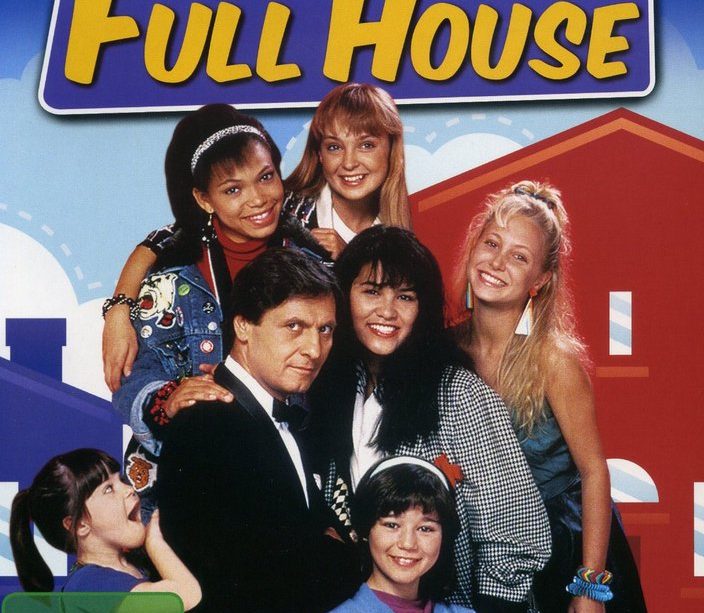The Cultural Legacy of Full House in Television History

Introduction
‘Full House,’ the beloved American sitcom that aired from 1987 to 1995, remains a significant fixture in television history. This show not only entertained audiences but also shaped the landscape of family-oriented programming during its original run and continues to influence modern television and culture. With its blend of humor, heartfelt moments, and memorable characters, ‘Full House’ resonates with multiple generations, making it a relevant topic in today’s media discussions.
The Show’s Overview
Created by Jeff Franklin, ‘Full House’ follows the life of a widowed father, Danny Tanner, played by Bob Saget, who enlists the help of his best friend Joey Gladstone (Dave Coulier) and his brother-in-law Jesse Katsopolis (John Stamos) to raise his three daughters: Donna “D.J.” Tanner, Stephanie Tanner, and Michelle Tanner. Set in San Francisco, the show tackled various real-life challenges and sibling dynamics through its 192 episodes.
Significance and Impact
At the time of its debut, ‘Full House’ broke new ground for family sitcoms. It provided a platform to address important themes such as loss, responsibility, and love, engaging viewers with its humor while offering life lessons interwoven into the narrative. The classic catchphrase “How rude!” and the infamous “You got it, dude!” from Michelle Tanner became culturally iconic, reflecting the show’s lasting impact on language and expressions used in everyday life.
Additionally, it served as a launching pad for its young stars, with Mary-Kate and Ashley Olsen gaining fame as the character Michelle Tanner. The show’s success paved the way for spin-offs, including the more recent reboot ‘Fuller House,’ which premiered on Netflix in 2016. This revival not only introduced the story to a younger audience but also reflected the enduring affection for the original series.
Cultural Relevance Today
As streaming services expand their libraries, ‘Full House’ maintains its appeal across multiple platforms, attracting both nostalgic viewers and new fans. The show’s humor, family values, and relatable storytelling continue to resonate, leading to discussions on parenting, friendships, and the evolution of family dynamics in contemporary society.
Conclusion
‘Full House’ holds a unique place in the hearts of many, reinforcing the importance of family and friendship in times of trials. Its humor, memorable catchphrases, and engaging storytelling have ensured that it remains a significant part of American pop culture. As we look to the future, the legacy of ‘Full House’ will likely continue to influence future generations, contributing to the ongoing evolution of television and its interpretations of family life.









